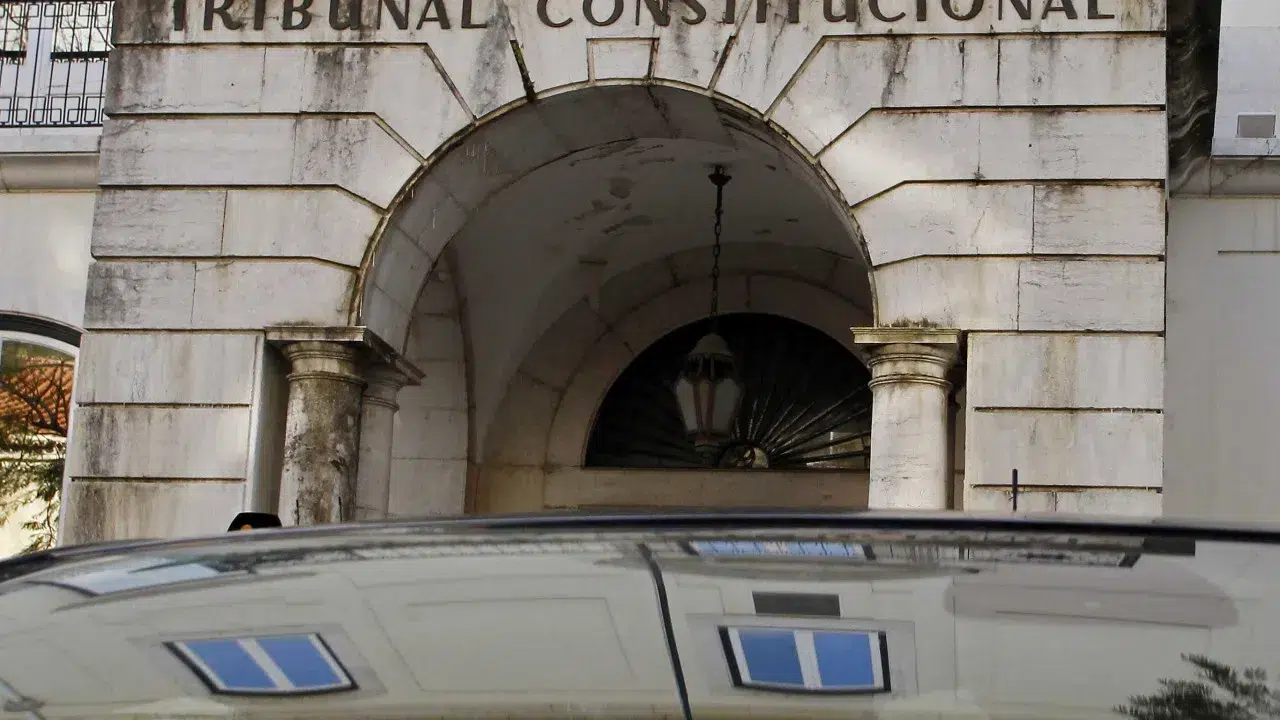
The recent ruling by Portugal’s Constitutional Court has been another win for the banking sector, which has consistently opposed the tax, labeling it discriminatory. This broader decision addresses multiple regulations established in mid-2020 as part of the tax regime.
The court declared several provisions of the regime creating the Additional Solidarity Tax on the Banking Sector unconstitutional for violating the principle of prohibition of arbitrariness, as required by tax equality. The decision, consulted by Lusa, is available on the Constitutional Court’s website.
Dated June 3, the ruling had several dissenting opinions and focuses on breaches of tax equality and capacity principles.
The verdict deemed unconstitutional various regulations that justify this tax as compensation for VAT exemptions on credit operations, and those defining the entities and tax base applicable.
In the previous year, the Constitutional Court had ruled certain provisions of the banking sector’s additional tax unconstitutional, although these prior decisions were specific to individual legal processes and lacked general binding force.
However, with multiple rulings on the same provision, the Public Prosecutor’s Office at the Constitutional Court could request a declaration of unconstitutionality, which has been underway.
Established in 2020 amidst the COVID-19 crisis to fund Social Security, this additional tax on the banking sector has remained contentious within the industry, perceived as discriminatory. The state budget projects it to raise 40.8 million euros this year.
On Thursday, Finance Minister Joaquim Miranda Sarmento, when questioned in Luxembourg, stated that the government is reviewing the Constitutional Court’s ruling to assess the implications for reimbursing any bank payments.
“The government will comply with court orders, particularly the Constitutional Court’s decisions regarding the banking solidarity tax. We are analyzing the ruling and its implications for potential tax refunds to banks,” Sarmento noted.
During the Eurogroup meeting in Luxembourg, the minister acknowledged that some tax has been paid while some amounts are held as guarantees due to ongoing disputes.
“We are thoroughly reviewing the situation but will adhere to the Constitutional Court’s decision,” he assured.




